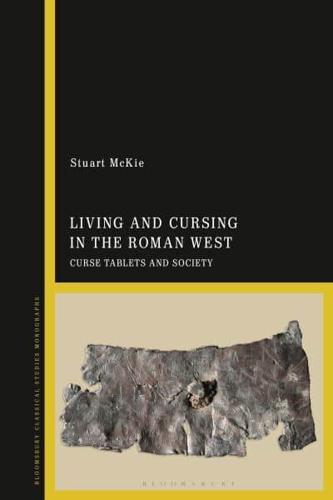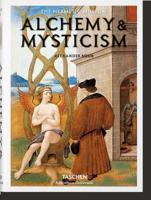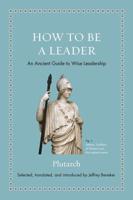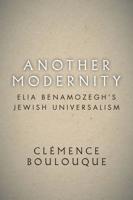Publisher's Synopsis
Focusing on the Roman west, this book examines the rituals of cursing, their cultural contexts, and their impact on the lives of those who practised them. A huge number of Roman curse tablets have been discovered, showing their importance for helping ancient people to cope with various aspects of life. Curse tablets have been relatively neglected by archaeologists and historians. This study not only encourages greater understanding of the individual practice of curse rituals but also reveals how these objects can inform ongoing debates surrounding power, agency and social relationships in the Roman provinces.
McKie uses new theoretical models to examine the curse tablets and focuses particularly on the concept of 'lived religion'. This framework reconfigures our understanding of religious and magical practices, allowing much greater appreciation of them as creative processes. Our awareness of the lived experiences of individuals is also encouraged by the application of theoretical approaches from sensory and material turns and through the consideration of comparable ritual practices in modern social contexts. These stimulate new questions of the ancient evidence, especially regarding the motives and motivations behind the curses.








